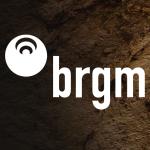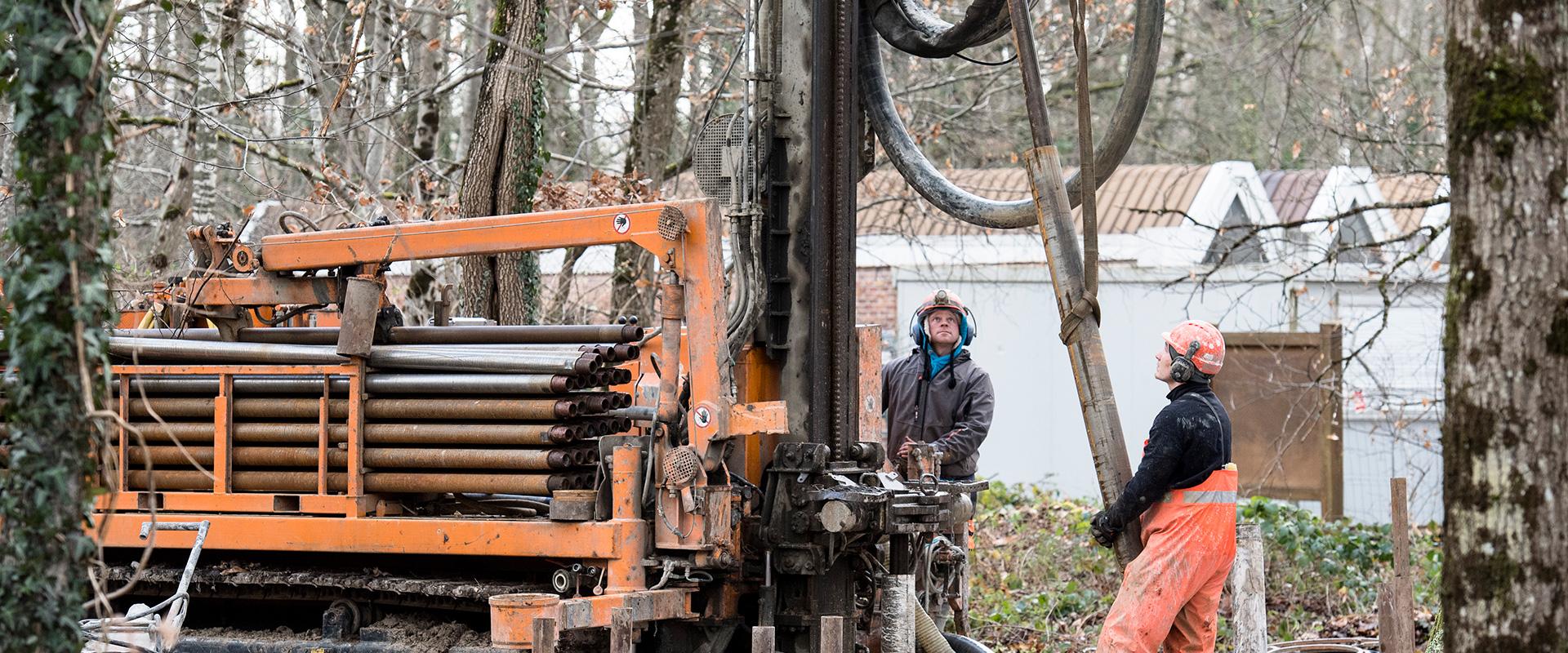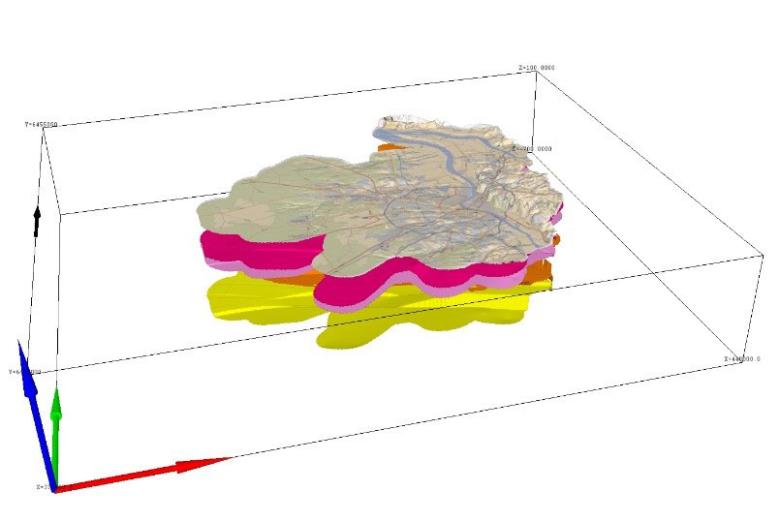With the support of ADEME, Bordeaux Metropole and BRGM, set up a partnership in 2018 to identify the geothermal resources available in the local subsoil. The idea is for these resources to make a major contribution to the choice of renewable energy sources at regional level.
The final stage of this study involves drilling three geothermal probes in Bègles, Pessac and Le Taillan-Médoc, in order to test the thermal capacity of the subsoil. A little-known and largely unexplored potential is coming to light.
A partnership set up in 2018 to plan for the energy transition
The Climate Plan adopted by Bordeaux Métropole is seeking to accelerate the transition to carbon-free energy through ambitious targets. To this end, it is planning for the massive deployment of renewable energies, with one of the main aims being to promote the geothermal energy sector.
The idea is to build on local resources, exploiting the rich subsoil, and taking advantage of the temperature of the rocks and the water flow. Bordeaux Metropole seized its first opportunities in this field in the early 1980s, after the oil crisis, when it drilled a number of geothermal wells to a depth of 1,000 metres. Today, these wells still supply heat to vast housing complexes in Bordeaux-Mériadeck and Pessac-Saige and to the BA106 air base in Mérignac. After a 30-year pause, this technology is once more the preferred choice for major heat network projects in the region: Plaine de Garonne, Grand Parc, Métropole Sud, and Aéroparc.
BRGM has been working with Bordeaux Metropole for over four years in order to bring to light an unsuspected and largely under-exploited potential at shallower depths, more appropriate to cover the needs of buildings of all sizes. The first step was to study the data from over 460 wells in order to model the layers of the subsoil in the Bordeaux area in 3D, down to depths of 500 metres. Measurements of rock and groundwater temperatures in these wells revealed that the temperature increases rapidly with depth, rising by almost 3.6°C every 100 m.
These initial findings are promising. They indicate that large quantities of energy at remarkably stable temperatures are available at a few dozen or few hundred metres below the surface, sufficient to heat and cool buildings all year round. Ambitious near-surface geothermal projects are currently underway in Mérignac, Pessac, Bordeaux and Talence.
Innovative investigations to confirm subsoil capacities
In order to increase the number of near-surface geothermal energy projects, particularly small-scale initiatives, two further questions need to be answered: what are the capacities of the various layers of rock in this area to conduct and store heat? And how could the flow of the many underground water tables – a specific feature of this region – work for or against future geothermal installations?
To answer these questions, Bordeaux Métropole and BRGM decided to conduct an original investigation campaign, drilling three geothermal probes to a depth of over 100m. Three sites were selected for these probes, in Bègles, Pessac and Le Taillan-Médoc. The campaign starts on 22 August and will run for a period of two weeks. It will involve the use of a specially developed study device with temperature sensors, deployed over the full depth of the probes. Tests on ground capacity will also be carried out.
The information gathered as part of this long-term study will enable us to characterise the subsoil in the Bordeaux area and make the results public, so that potential project owners and private engineering offices can easily identify the energy available beneath their feet in order to make enlightened decisions on the use of geothermal energy. The purpose of this agreement is to demonstrate the reliability of this technique, based on detailed knowledge of the subsoil.
To find out more
Press contact









